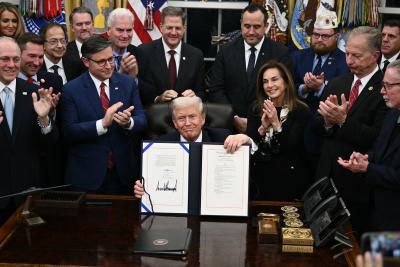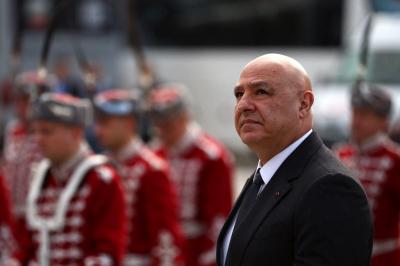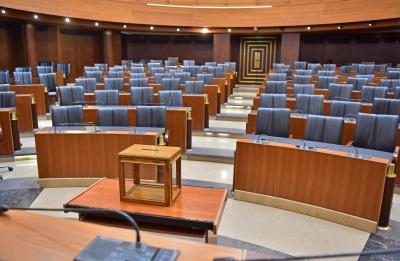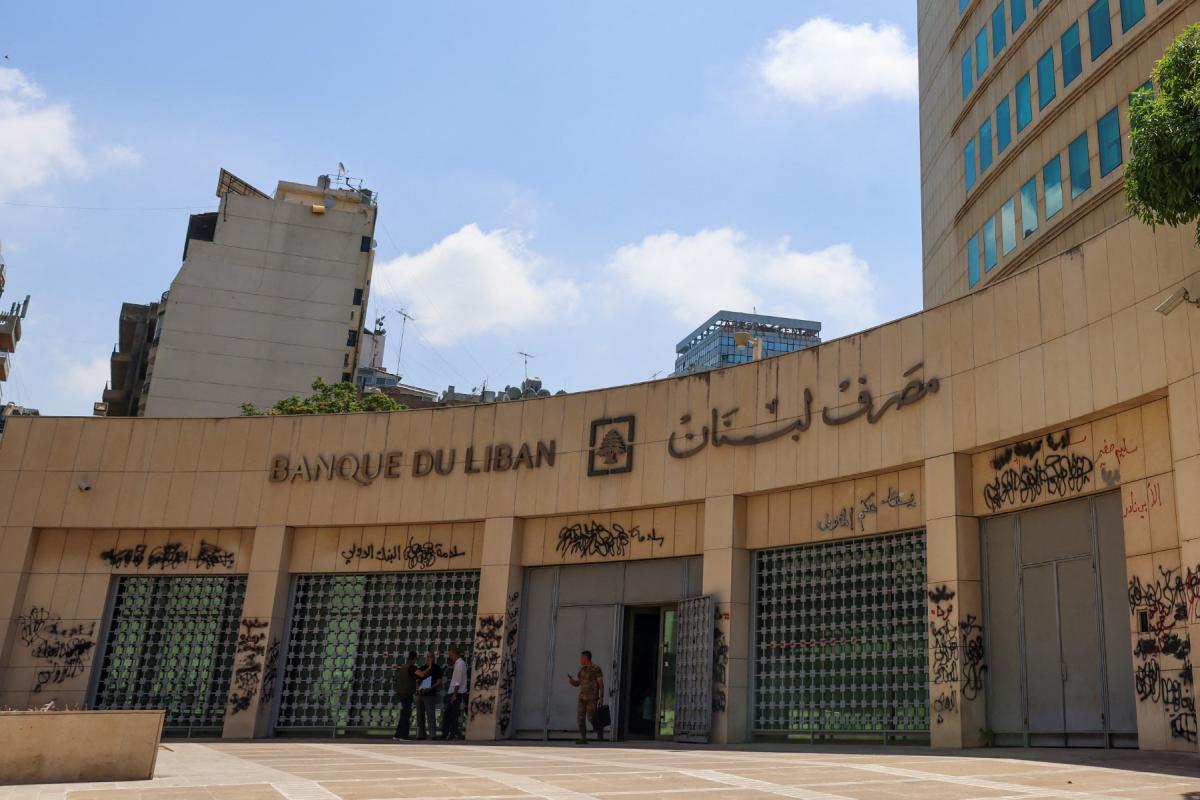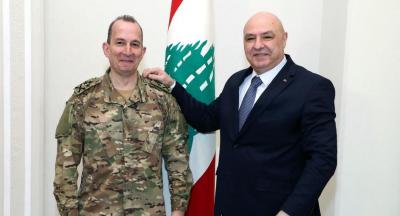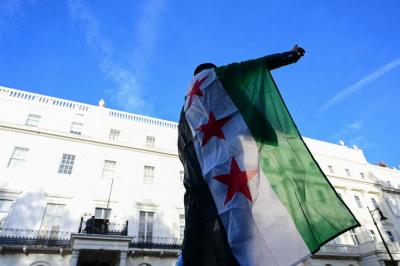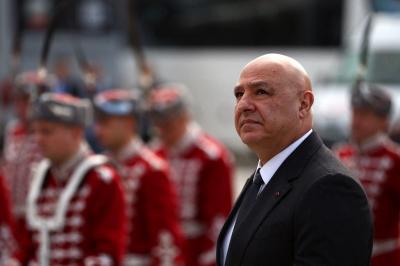The decision by the governor Lebanon’s central bank, Karim Souaid, is clear and direct: starting July 1, depositors whose funds have been trapped in banks will be allowed to withdraw up to $800 per month under Central Bank Circular No. 158, and up to $400 under Circular No. 161. There is even the possibility of another increase in withdrawal limits by year’s end—or perhaps sooner.
In doing so, the governor has sent a strong signal of his determination to help depositors recover their funds, even if in installments, while at the same time forcing banks to take measures they had long resisted.
Souaid’s decision—taken on his own due to the expiry of his four deputies’ terms—demonstrates a will to act without waiting for the full administrative structure to be restored. The law, after all, grants him the authority to act alone in the absence of the central council.
This kind of initiative could serve as a model for how other ministries might approach their own pressing issues, without waiting for the “resolution of the Middle East conflict,” “complete liberation,” or the outcome of regional and international diplomatic efforts.
Nothing is stopping the president or the prime minister from asking ministers to draft concrete implementation plans for projects that need action, and from holding regular meetings—individually or in groups—to assess what has been done and how far execution has progressed.
While the defense or interior ministries, for example, might need to recruit additional soldiers or security personnel before taking on new missions, other ministries are perfectly capable of moving forward with numerous projects. They could even draw on the surplus of employees crammed into various state institutions—many of whom have no real work and, in some cases, don’t even know the way to the ministries where they were placed.
What is preventing, say, the Ministry of Information or the Ministry of Education from reallocating some of this excess staff to ministries struggling with shortages?
What is stopping the Ministry of Finance from beginning to disburse tax revenues owed to municipalities so that these local bodies can carry out their vital development work?
Why can’t the cabinet issue the executive decrees needed to activate the many laws already passed by parliament but stalled for lack of such decrees?
Why isn’t parliament fulfilling its oversight role, pushing ministries to step up their work? And why not pass legislation that facilitates ministerial operations?
These are simple steps that require neither endless waiting nor external initiatives. Their value lies in making citizens’ lives easier and showing them that the president they hoped would bring change, and the government they believed would be different from its predecessors, are indeed engaged in meaningful efforts on the ground to alleviate human suffering as much as possible.
Please post your comments on:
[email protected]
 Politics
Politics


